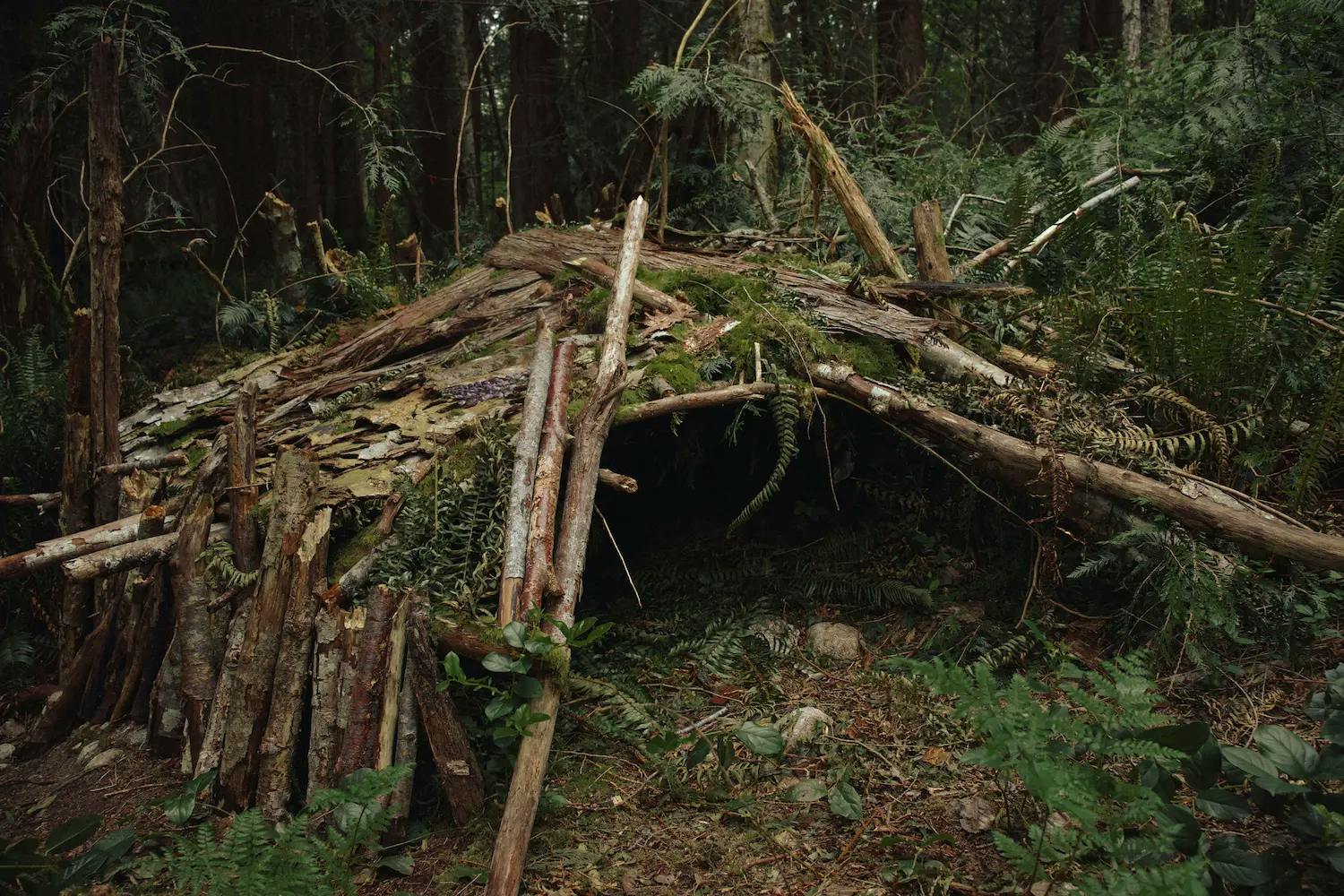Inadequate Home Security: Risks of Hiding Cash at Home
- Published on
The Risks of Hiding Cash at Home
In today's uncertain times, many individuals are turning to prepping and survivalism as a means of protecting themselves and their families. As part of this movement, people often opt to keep a stash of cash at home in case of emergencies. While the intention behind this act is understandable, it's important to recognize the potential risks and drawbacks associated with hiding cash at home, particularly in terms of inadequate home security.
The Vulnerability of Cash
Keeping cash at home might seem like a practical move in case of emergencies such as natural disasters, power outages, or societal breakdowns. However, stashing cash in various hiding spots around the house poses several significant risks that may not be immediately apparent. These risks are especially concerning if the home's security measures are not up to par.
Risk 1: Exposure to Theft
Hiding cash at home leaves it susceptible to theft. Without proper security measures in place, a break-in could result in the loss of the entire stash. Burglars are adept at finding hidden valuables, and cash is an attractive target. In the event of a break-in, the absence of a secure safe or other protective measures increases the likelihood of financial loss.
Risk 2: Vulnerability to Natural Disasters
Another risk associated with hiding cash at home is the potential for loss due to natural disasters such as fires, floods, or earthquakes. In such events, cash hidden in various locations throughout the house may be destroyed or rendered inaccessible. Even if the cash survives the disaster, accessing it amidst the chaos and destruction can prove to be a daunting task.
Risk 3: Inflation and Devaluation
Additionally, keeping a significant amount of cash at home exposes it to the risks of inflation and devaluation. Over time, the value of the stored cash may diminish due to economic factors. In contrast, money kept in interest-bearing accounts or invested in assets may retain or increase its value, making it a more prudent choice for long-term emergency preparedness.
Importance of Secure Storage Options
To address the vulnerabilities associated with hiding cash at home, it's crucial to consider secure storage options. Investing in a high-quality home safe is a proactive step towards safeguarding cash and other valuables. A sturdy safe provides protection against theft and offers a secure place to store emergency funds. Additionally, a fireproof and waterproof safe can shield cash from the destructive effects of natural disasters.
For those concerned about the potential effects of inflation and devaluation, diversifying emergency funds by allocating a portion to interest-bearing bank accounts or other investments can help mitigate these risks. While the accessibility of cash at home is appealing, the long-term security and preservation of funds are equally important considerations.
Alternatives to Hiding Cash at Home
Recognizing the drawbacks of keeping cash at home, it's essential to explore alternative strategies for emergency preparedness. One effective approach is to establish an emergency fund in a bank account specifically designated for unforeseen circumstances. This not only addresses the security concerns associated with storing cash at home but also ensures that the funds are easily accessible when needed.
Furthermore, investing in precious metals such as gold and silver can serve as a hedge against inflation and economic instability. Unlike paper currency, these tangible assets retain inherent value and can be easily stored in a secure location. Incorporating precious metals into an emergency preparedness plan provides a diversified and resilient approach to safeguarding wealth.
Key Takeaways
While the idea of hiding cash at home may initially seem like a practical solution for emergency preparedness, it's essential to evaluate the associated risks. Inadequate home security increases the vulnerability of cash to theft, natural disasters, and financial devaluation. By prioritizing secure storage options and exploring alternative strategies such as emergency funds and precious metal investments, individuals can enhance their preparedness while minimizing potential risks.
By fully understanding the risks of hiding cash at home and taking proactive steps to address them, individuals can better ensure the security and accessibility of emergency funds in times of need. Ultimately, the goal is to strike a balance between accessibility and security, thereby maximizing the effectiveness of emergency preparedness efforts.
To further explore the importance of secure storage options and alternative strategies for emergency preparedness, consider reading more on reputable websites such as PreparednessMama and SurvivalSullivan. These sources offer valuable insights and practical advice for individuals looking to enhance their survival, prepping, and camping capabilities.



